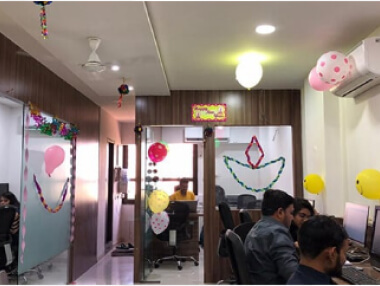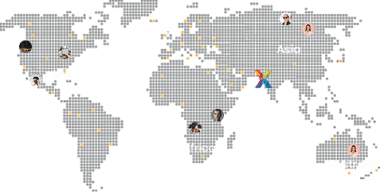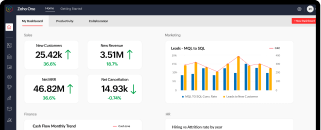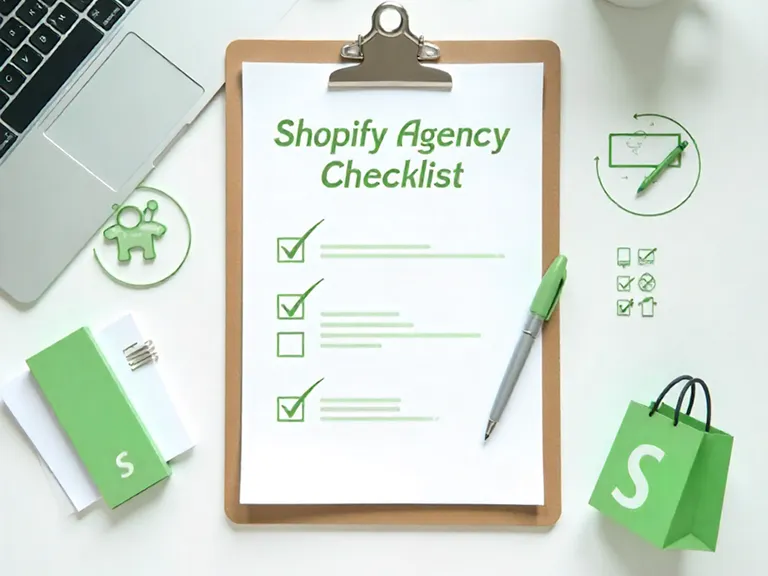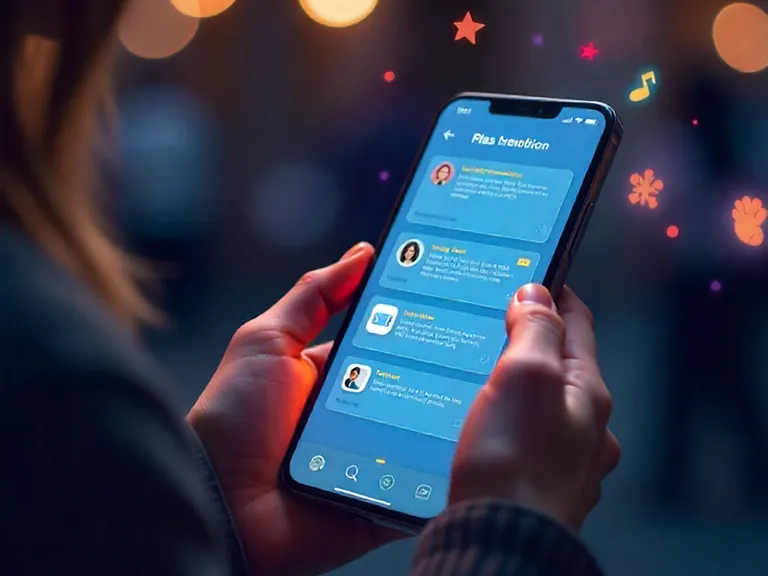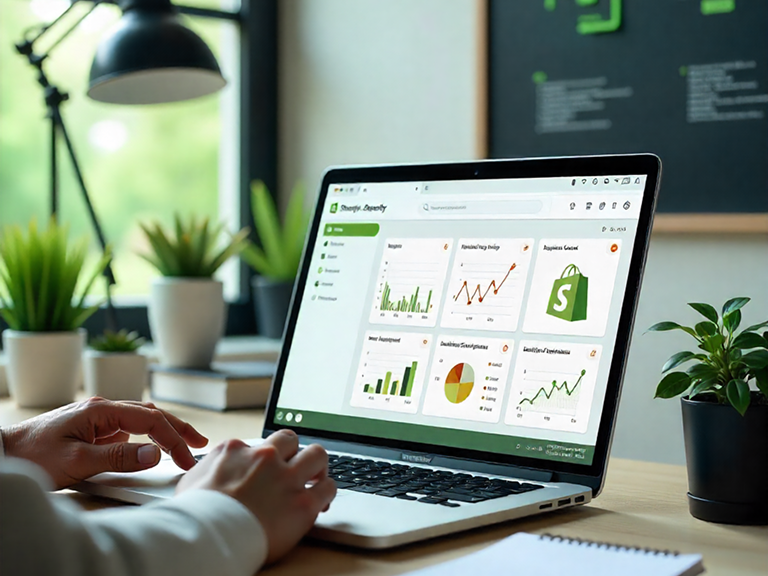Hiring a Shopify service agency is one of the most important strategic decisions an e-commerce business can make. The right partner speeds up your launch, improves conversions, avoids costly mistakes, and becomes an extension of your team. The wrong partner wastes time, overspends your budget, and can even harm your brand. This checklist built from years of real agency experience at Xceptive Solutions LLP will help you evaluate agencies methodically so you choose a partner who delivers results.
Start with clarity: define your goals and constraints
Before you talk to agencies, be crystal clear about what success looks like. A short discovery ahead of outreach will make proposals comparable and stop scope creep later.
- Primary objective: launch, redesign, migrate, scale, or optimize?
- Success metrics: conversion rate lift, page speed, AOV, repeat purchase rate, or reduced cart abandonment?
- Budget range (USD): set realistic expectations e.g., small redesign $2k–$6k; custom development $10k–$50k; enterprise/Plus projects $50k+.
- Timeline: go-live dates or seasonal windows (Black Friday, product launch).
1. Shopify expertise & certifications
Not every web agency is a Shopify specialist. Look for:
- Shopify Partner or Shopify Plus experience (ask for proof).
- Hands-on knowledge of Liquid, Shopify APIs, and the app ecosystem.
- Case studies that show measurable outcomes (traffic, conversion, revenue).
Ask for 2–3 live store examples and request analytics snapshots or before/after metrics where possible.
2. portfolio, case studies & vertical fit
A portfolio tells a story beyond visuals. Evaluate:
- Design quality and brand fit.
- Functionality examples subscription flows, multi-currency, headless implementations.
- Performance outcomes page load times, Core Web Vitals, conversion improvements.
3. technical approach & stack
Understand how the agency builds. Useful questions:
- Which frameworks and hosting strategies do you use (Next.js, React, Server-Side Rendering, headless)?
- How do you handle speed optimization, caching, and CDN configuration?
- What testing and QA processes are in place?
4. project management & communication
Successful projects run on good communication. Check for:
- Assigned point of contact or project manager.
- Use of project tools (Asana, Jira, Trello) with visible milestones.
- Weekly status reports and clear escalation paths.
5. pricing model & value
Ask for transparent pricing and compare value, not just cost. Typical engagement models:
- Fixed-price project: good for well-defined scopes (design refresh, migration).
- Time & materials: flexible for iterative work and ongoing feature builds.
- Monthly retainer: best for continuous optimization and maintenance.
Sample price bands (USD) for 2025:
- Small store setup / theme tweak: $2,000–$6,000
- Custom theme + integrations: $8,000–$30,000
- Full headless or Shopify Plus implementation: $50,000+
6. maintenance, SLAs & support
Post-launch support is critical. Confirm:
- Availability and response times (SLA: e.g., 24-hour response, critical fixes in 4 hours).
- What’s included in maintenance (security patching, backups, app updates, monthly audits).
- Pricing for ongoing support and hourly rates for ad-hoc work.
7. SEO, analytics & CRO capability
Design without discoverability is wasted effort. Ensure the agency can:
- Implement technical SEO (structured data, canonical tags, redirects).
- Set up analytics (GA4, server-side tracking, conversion events).
- Run CRO experiments (A/B testing, heatmaps, funnel analysis).
8. app integrations & custom development
Many stores rely on third-party tools. Verify the agency’s integration experience with:
- Payment gateways, subscription platforms, ERP/fulfillment systems.
- Custom apps or Shopify App Store apps — ask about private app development if needed.
- Data migration strategies and risk mitigation for transfers (orders, customers, historical data).
9. security, privacy & compliance
Confirm security practices:
- Data handling and storage policies (GDPR, PCI implications).
- Regular security audits, penetration testing, and backups.
- Credential management and access control for your store.
10. legal terms & IP ownership
Contracts should be clear on ownership and liabilities. Make sure the contract states:
- You retain ownership of design assets, source files, and Shopify access.
- IP assignments for custom code and integrations.
- Scope, milestones, acceptance criteria, and payment schedule (milestone-based is safer).
Quick comparison: Freelancer vs Agency vs In-house
| Option | Pros | Cons |
|---|---|---|
| Freelancer | Lower cost, quick hires | Limited bandwidth, single point of failure |
| Agency | Full team, process, support & SLAs | Higher upfront cost |
| In-house | Deep domain knowledge, control | Expensive to hire/manage, slower to scale |
Red flags to watch for
- Vague proposals without milestones or deliverables.
- Refusal to share client references or case studies.
- Requests for full upfront payment before work begins.
- Overreliance on “black-box” tools with no transparency into code or data.
What good proposals include
A strong proposal should provide:
- Clear scope with features, deliverables, and acceptance criteria.
- Timeline and milestone-based payment schedule.
- Project risks and mitigation plan.
- Post-launch support terms and estimated ongoing costs.
- References and a short case study showing measurable impact.
Vendor evaluation scorecard (simple)
| Criteria | Weight | Score (1–5) |
|---|---|---|
| Shopify Expertise | 25% | |
| Portfolio & Case Studies | 20% | |
| Communication & PM | 15% | |
| Pricing & Value | 15% | |
| Maintenance & SLA | 15% | |
| Security & Compliance | 10% |
Conclusion
Choosing a Shopify service agency is not just a procurement task it’s a strategic partnership. Use this checklist to standardize your vendor evaluation, ask the right questions, and protect your business from surprises. Prioritize experience, transparency, and a track record of measurable results. If you’d like a free, no-obligation audit of potential agency proposals or your current store readiness, Xceptive Solutions LLP offers a complimentary consultation to help you decide.
Frequently Asked Questions (FAQs)
How do I verify an agency's Shopify experience?
Ask for Shopify Partner status, Plus experience, and 2–3 case studies with measurable metrics (load time, conversion lift, revenue impact).
Is the cheapest agency a bad choice?
Not always but low bids often hide scope gaps or limited post-launch support. Evaluate total cost of ownership, not just the initial quote.
Should I prefer an agency that specializes in my niche?
Niche experience helps, but strong technical and UX fundamentals translate across verticals. Look for proven outcomes rather than just vertical labels.
What is a reasonable timeline for a full Shopify redesign?
A full redesign typically takes 6–12 weeks depending on complexity, integrations, and review cycles.
Will I own the code and assets after the project?
Yes ensure the contract explicitly transfers ownership of design files, source code (if custom), and any accounts created for your store.
How important is mobile optimization?
Extremely. Mobile drives a large portion of traffic and conversions ensure the agency has mobile-first design and testing processes.
Can agencies help with Shopify Plus or headless migrations?
Experienced agencies should; ask for migration case studies and a clear rollback plan for risk mitigation.
What KPIs should I track to measure agency performance?
Page load time, conversion rate, average order value (AOV), cart abandonment rate, and uptime are core KPIs to track post-launch.
How do I protect my store credentials during the project?
Use role-based access, temporary credentials, and require agencies to follow credential management best practices. Revoke access once the project is complete if not needed.
Why choose Xceptive Solutions LLP?
We combine Shopify technical depth, creative UX, and ongoing optimization services to deliver measurable growth. Contact us for a free consultation.
